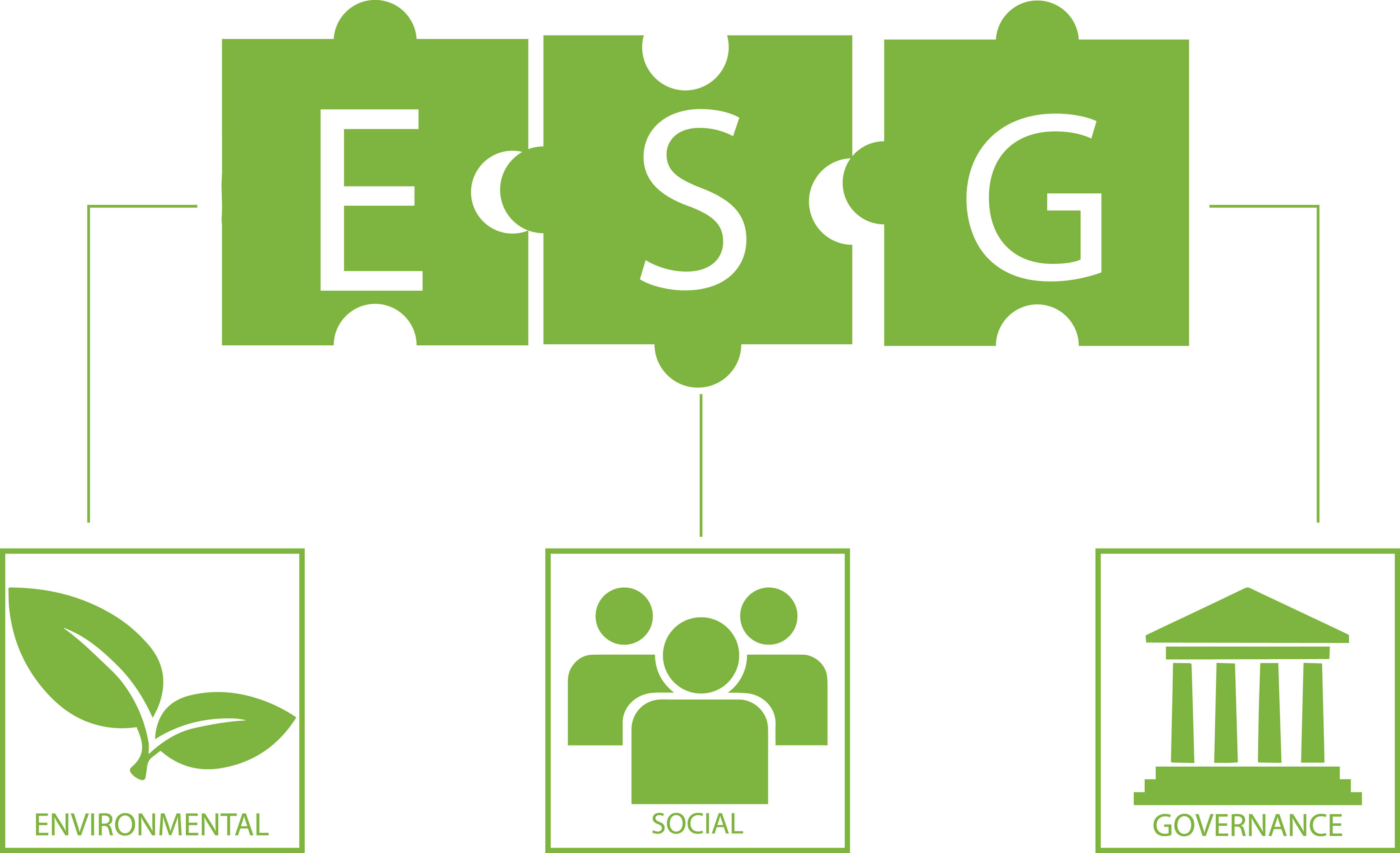
当前位置:新闻动态
EU demands in Sustainability Reporting Directive
来源:https://www.shippingazette.com/ 编辑:编辑部 发布:2025/04/21 08:45:58
TO satisfy the Corporate Sustainability Reporting Directive (CSRD) standards under EU rules, foreign businesses like Non-Vessel-Operating Common Carriers (NVOCC) must address sustainability across their operations, including emissions from contracting companies responsible for door-to-door deliveries. Here are some steps they can take:
Map the Value Chain: Identify all contracting companies in their value chains that contribute to door-to-door deliveries. This includes third-party logistics providers, local couriers, and transportation partners.
Engage Suppliers: Collaborate with these companies to understand their sustainability practices. Encourage and support them to adopt cleaner transportation methods, such as electric vehicles or alternative fuels.
Since door-to-door deliveries fall under Scope 3 emissions (indirect emissions in the value chain), establish mechanisms for collecting data on emissions from these activities. Standardised reporting frameworks, such as the Greenhouse Gas Protocol, can help.
Implement Standards: Set contractual requirements for sustainability. For example, mandate that contracting companies comply with specific emission reduction targets or sustainability certifications.
Use Technology: Invest in data tracking and analytics tools to monitor emissions effectively. This can provide insights into the environmental impact of door-to-door deliveries and identify areas for improvement.
Include the emissions data and mitigation efforts from contracting companies in one's CSRD disclosure. Highlight proactive steps taken to reduce the environmental impact of deliveries.
Compliance with CSRD standards involves collaboration and transparency across the entire value chain. While it may be complex, aligning with these standards not only fulfils regulatory requirements but also enhances corporate responsibility and competitiveness.

